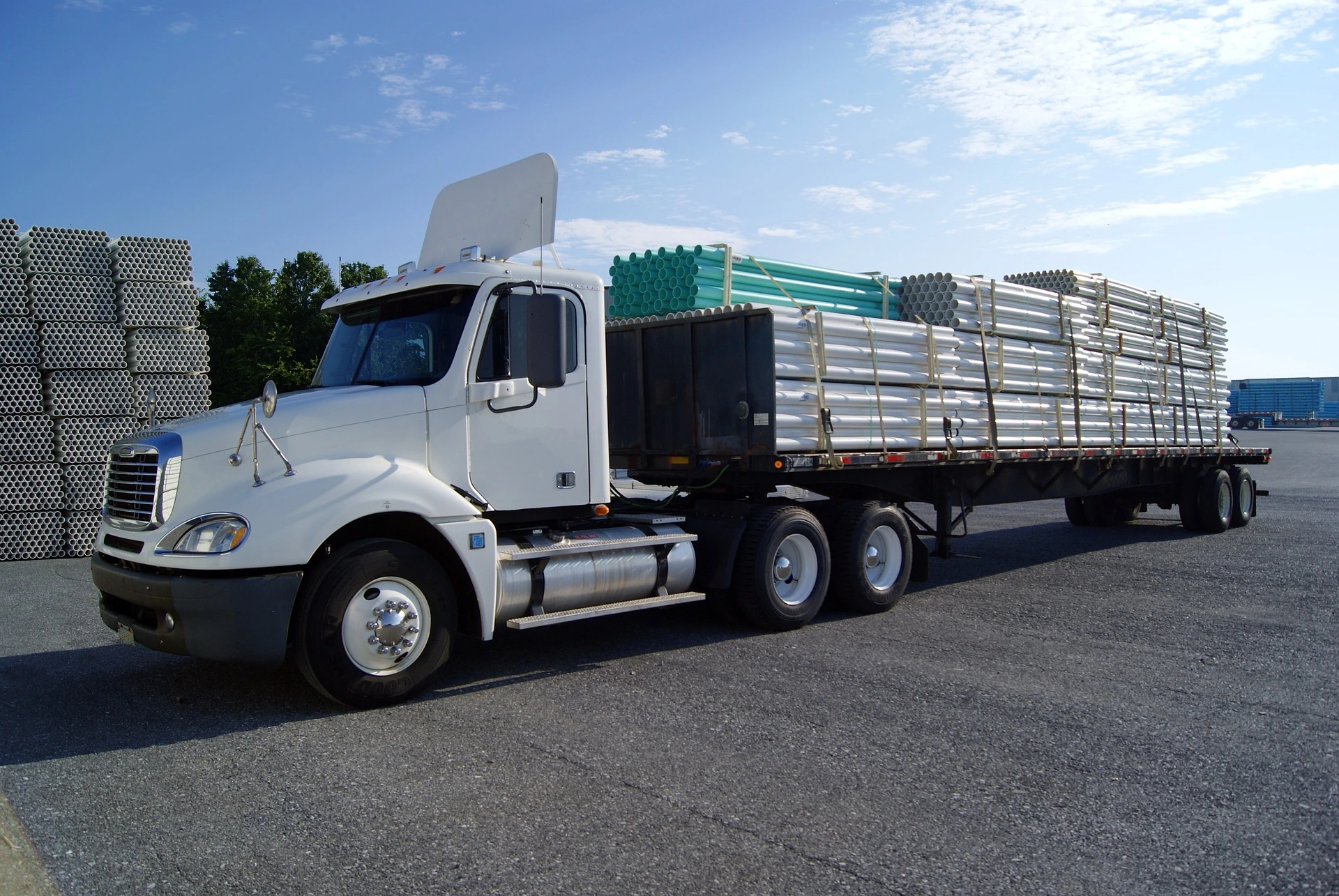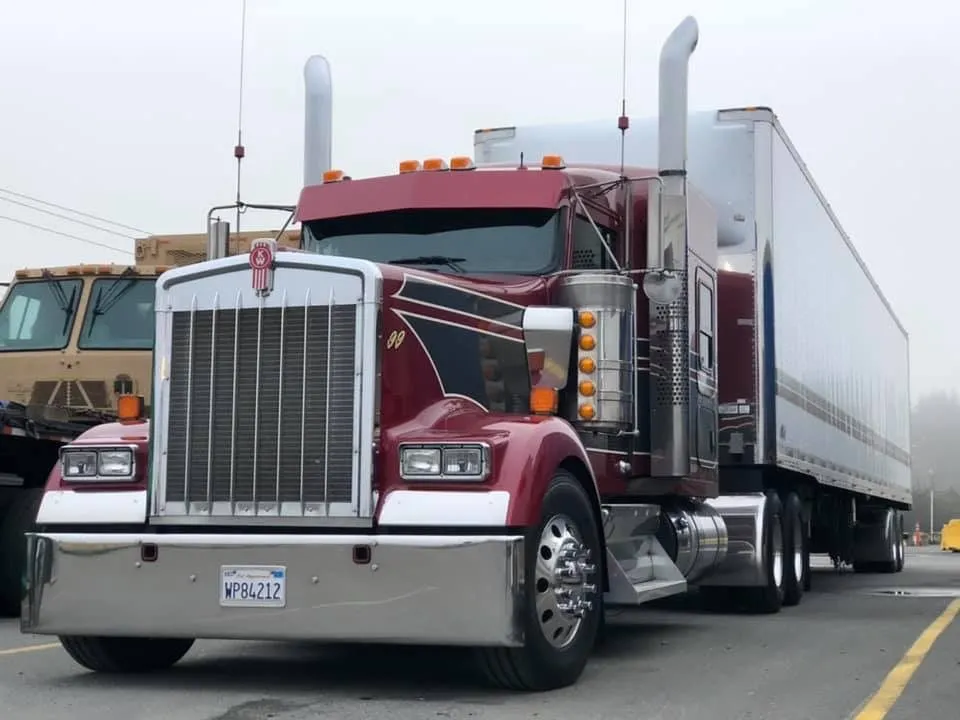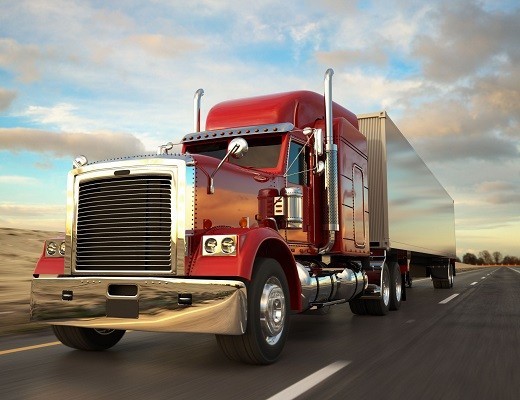

Autonomous Trucks Show Progress at CES
At CES 2024 in Las Vegas, significant progress was evident in the journey towards widespread commercialization of self-driving trucks, particularly in the realm of autonomous commercial vehicles.
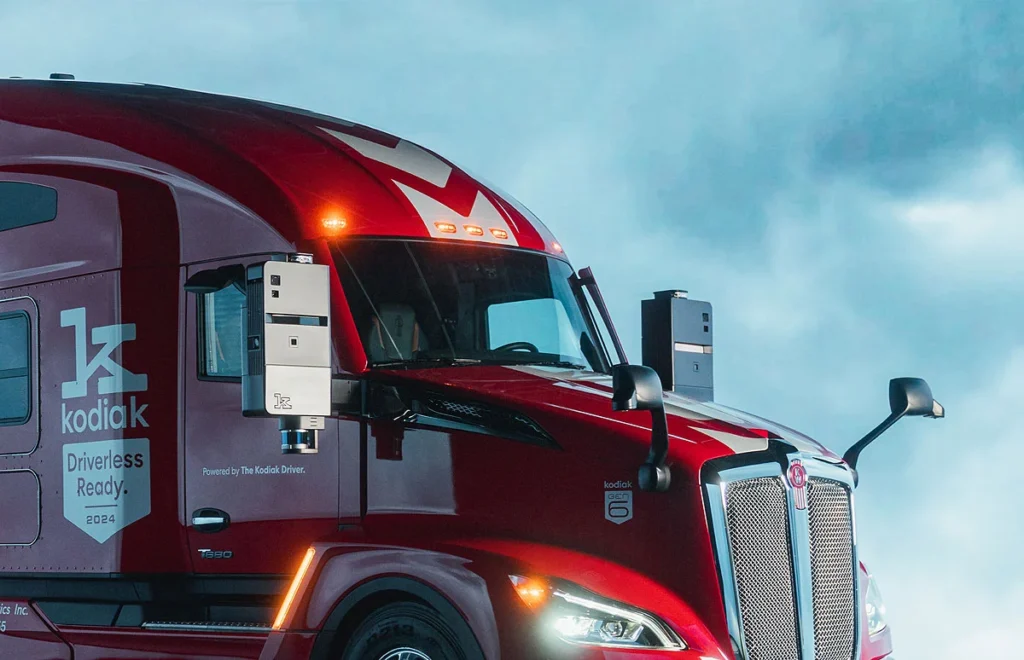
Tech startups, including Aurora Innovation and Kodiak Robotics, seized the spotlight by unveiling the latest enhancements to their autonomous driving systems and emphasizing collaborations with industry suppliers. Aurora Innovation and Kodiak Robotics specifically presented designs for autonomous Class 8 trucks, commonly referred to as show trucks, marking their commitment to deploying these vehicles in their initial fully driverless commercial operations. As prototypes have already been navigating certain highways with safety drivers at the helm, both Kodiak and Aurora are poised to advance to the next major milestone by introducing unmanned trucks later this year.
The focus on autonomous trucks at the Las Vegas Truck Show underscores the industry’s dedication to showcasing the capabilities of these innovative vehicles. According to Don Burnette, founder and CEO of Kodiak, 2024 is poised to be the pivotal year for driverless technology, with a spotlight on driverless heavy trucks. He emphasized that this milestone is not a distant goal or a far-off future but something to be realized within the current year, which he finds particularly thrilling.
Both Aurora and Kodiak have outlined their intentions to introduce their first fully autonomous trucks on Interstate 45, connecting Dallas and Houston. The las vegas truck show served as a platform for these announcements, generating excitement about the imminent deployment of autonomous trucks on major highways. The initial foray into driverless operations will commence with limited-scale deployments, showcasing the practicality and safety of these autonomous systems. Aurora aims to commercially launch approximately 20 driverless trucks by the end of the year, further solidifying their commitment to the autonomous trucking industry.
Simultaneously, developers in the autonomous truck industry have been establishing the groundwork for large-scale production and deployment of driverless trucks in the more distant future. The ongoing advancements in technology, as showcased at events like the Las Vegas Truck Show, indicate a collective effort to push the boundaries of innovation in the realm of autonomous trucks. The spotlight on key players such as Kodiak Truck underscores the competition and collaboration that drives the development of these transformative technologies.
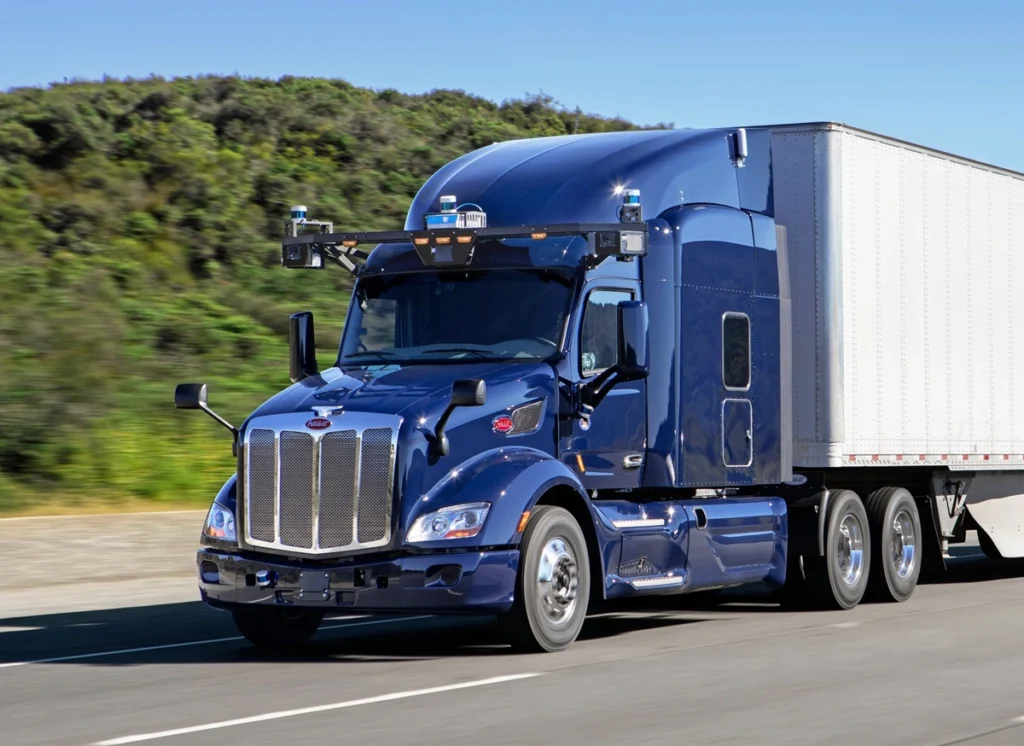
Aurora has joined forces with global automotive supplier Continental to facilitate the mass production of its autonomous driving system, set to commence in 2027. This collaboration, first revealed in April, entails Continental’s development and supply of automotive-grade hardware for the Aurora Driver. The hardware encompasses a range of Continental products, including sensors, automated driving control units, high-performance computers, and telematics units. Leading up to CES, both companies announced the finalization of the hardware’s design.
Apart from the collaboration with Continental, Aurora has forged partnerships with truck manufacturers Paccar Inc. and Volvo Trucks to seamlessly integrate its self-driving technology into their vehicles. These alliances, coupled with engagement from motor carriers, shippers, and regulatory bodies, are instrumental in laying the foundation for widespread commercialization, according to Sterling Anderson, Aurora’s co-founder and chief product officer.
Anderson emphasized the substantial groundwork accomplished, and at Continental’s CES exhibit, Aurora showcased its latest autonomous driving technology implemented on a Peterbilt tractor.
“It’s tangible, and it’s evolving into a genuine commercial product,” remarked Anderson.
In a different part of the exhibition, Kodiak unveiled its sixth-generation self-driving truck, deemed “driverless ready.” The vehicle is equipped with advanced autonomous driving software, an upgraded suite of sensors, and redundant braking, steering, and power systems, ensuring secure operation even without a human driver on board. Don Burnette, Kodiak’s founder and CEO, expressed that this design is the key to transitioning into full driverless capabilities.
The latest features of the sixth-generation truck include top-mounted, extra-bright hazard lights to alert other motorists when the truck pulls over, and microphones designed to detect the presence of emergency vehicles.
Unlike some competitors in the autonomous truck sector, Kodiak has not officially announced development partnerships with truck manufacturers. Although Kodiak showcased its autonomous driving system on a Kenworth T680 model at CES, the company plans to introduce its latest technology on various vehicle types.
At CES, Gatik, an autonomous trucking company, unveiled a tire data partnership with Goodyear Tire & Rubber Co. to enhance the safety and performance of its self-driving medium-duty box trucks. Gatik plans to integrate Goodyear’s SightLine intelligent tire technology into a portion of its self-driving fleet in the United States and Canada this year. This technology, embedded in Goodyear tires, connects with Gatik’s automated driving system, providing crucial data on metrics such as temperature, tire pressure, and road conditions, especially valuable in adverse weather conditions like rain, ice, and snow, as explained by Richard Steiner, Gatik’s VP of government relations and public affairs.
Steiner emphasized the importance of addressing inclement conditions, stating that Gatik’s goal is not limited to operating solely on perfect, dry roads in sunny conditions. Gatik, known for automating shorthaul routes, has already conducted fully driverless commercial deliveries for Walmart in Arkansas in 2021 and for Canadian grocer Loblaw Cos. in Ontario in 2022. The company plans to deploy unmanned Class 6-7 box trucks “at meaningful scale” in the Texas market by the end of 2024.
In another CES announcement, Torc Robotics, an autonomous truck developer and an independent subsidiary of Daimler Truck, revealed a collaboration with sensor technology developer Aeva. Torc will incorporate Aeva’s Atlas 4D lidar technology into its self-driving trucks to enhance object detection capabilities, preparing for the commercial launch of its autonomous driving system by 2027.
Additionally, Plus, another autonomous truck developer, showcased its PlusDrive driver-assist system at CES, taking a more incremental approach toward autonomous driving. The system automates steering, braking, and acceleration but still requires active oversight from a human driver.
Several other technology companies are also actively developing autonomous driving systems for on-road commercial trucks in North America, including Waabi, Stack AV, RRAI, and Einride.


